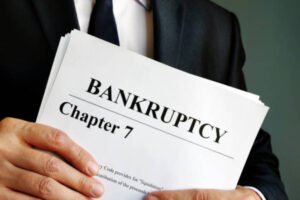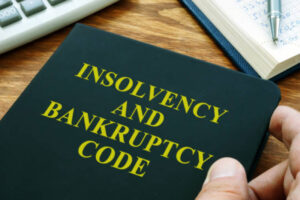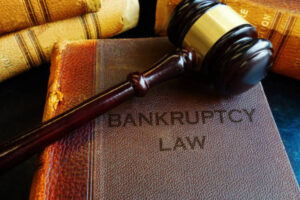With a lot of businesses closing down and people losing their jobs as a result of the COVID-19 pandemic, it appears that credit repair services are sprouting like mushrooms.
As any person should know by now, losing a source of income usually leads to a delay in credit card payments. At worst, payments really become delinquent.
The effect: Your credit ratings suffer.
If you have a terrible credit score, chances are that you won’t be able to get approved for car loans, mortgage loans, or new credit card, among others.
Now if ever you do get approved for any loans, guess what?
You’ll have to pay a much higher interest rate on those.
Yup, that is going to suck the life blood out of you until such time as you get to pay off the whole loan.
Yes, that definitely sucks my friend.
However, don’t despair.
And please, do not fall for those nasty scams by fly-by-night credit repair companies that promise overnight success in repairing your credit.
You can repair your credit on your own by following these easy steps:
7. Know your credit scores.
The gods of credit have setup a credit scoring system that ranges between 300 to 850.
In order for you to qualify for the best credit cards and the lowest loan rates, you need to have a “good credit” rating.
Good credit rating is a score between 700 and 740.
You can get a free credit report via annualcreditreport.com.
Or, you can get them directly from the major credit bureaus: Equifax, Experian, and TransUnion.
6. Check if your credit report has any errors.
According to my credit repair expert source, as many as 25% of credit reports contain errors.
In most cases, these errors are enough to deny a person approval for any credit application.
5. If you find any errors on your credit report, dispute them.
Make sure to contact directly the credit bureau which reported the error.
Ask them how to file a dispute and you will be provided detailed instruction on how to proceed.
Also contact the lender that made the error. Often times, they can correct the information and update all three major credit bureaus.
4. Make sure to pay any late or past due accounts.
This is a crucial step in repairing your credit because it shows good faith on your part.
The longer you delay your payment, the worse its impact on your credit.
3. Pay down as much debt as you can.
Pay off high interest accounts first. If you have a card that has a 17.5% APR and one that has a 9.0% APR, prioritize on paying the higher rate card first.
You can also pay off a card with the lowest balance first so that you can strike it off your list.
2. Pay your balances on time.
Make sure to pay your accounts on time in order to improve your score.
By doing so, you are showing your current and future lenders that you are a responsible borrower.
Setup automatic monthly payments with your bank to make sure that you pay promptly and on a regular basis.
1. Age all your accounts.
This sexy money tip may run counter to what others might advise you.
The length of your credit history matters big time so do not close down any older credit card accounts.
If you keep your older accounts open, you will be building credit age.
Typically, the average number of years your accounts have been open is considered your overall credit age.
The older your overall credit age, the better its impact on your credit score.
Disclaimer: The information provided in this article is for educational and informational purposes only and should not be construed as financial, legal, or professional advice. While efforts are made to ensure accuracy, the content may not reflect the most current legal or financial developments. No representations or warranties are made about the completeness, reliability, or accuracy of this information. Results may vary. Using any information provided is solely at your own risk. Consult with a financial advisor or attorney for specific advice tailored to your situation.














